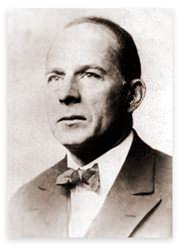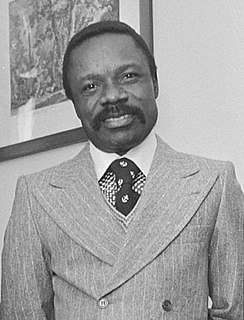A Quote by John Maynard Keynes
The Economic Problem...the problem of want and poverty and the economic struggle between classes and nations, is nothing but a frightful muddle, a transitory and unnecessary muddle.
Related Quotes
The British are proud of their ability to create a muddle and then muddle through all difficulties. I must shake the British pride: muddle is not an exclusively British institution. Read descriptions, for instance, of the over-organized, wonderfully systematic and "thorough" German war machine during the last war.
The current economic crisis...has numerous causes and sends a powerful message about the need for a profound revision of the model of global economic development. It's an acute symptom that is added to other more grave and already well-known ones, such as the continued imbalance between wealth and poverty, the scandal of hunger, the ecological emergency and the problem of unemployment, which has now become general. In this context a strategic re-launching of agriculture appears decisive.
I see the war problem as an economic problem, a business problem, a cultural problem, an educational problem - everything but a military problem. There's no military solution. There is a business solution - and the sooner we can provide jobs, not with our money, but the United States has to provide the framework.
Take an old man's word; there's nothing worse than a muddle in all the world. It is easy to face Death and Fate, and the things that sound so dreadful. It is on my muddles that I look back with horror - on the things that I might have avoided. We can help one another but little. I used to think I could teach young people the whole of life, but I know better now, and all my teaching of George has come down to this: beware of muddle.
There is a close connection between socio-political development, the struggle between social classes and the history of ideologies. In general, intellectual movements closely reflect the trends of economic developments. In communal society, where there are virtually no class divisions, man's productive activities on outlook and culture is less discernible. Account must be taken of the psychology of conflicting classes.
Nations are political and military entities, and so are blocs of nations. But it doesn't necessarily follow from this that they are also the basic, salient entities of economic life or that they are particularly useful for probing the mysteries of economic structure, the reasons for rise and decline of wealth. Indeed, the failure of national governments and blocs of nations to force economic life to do their bidding suggests some sort of essential irrelevance.



































